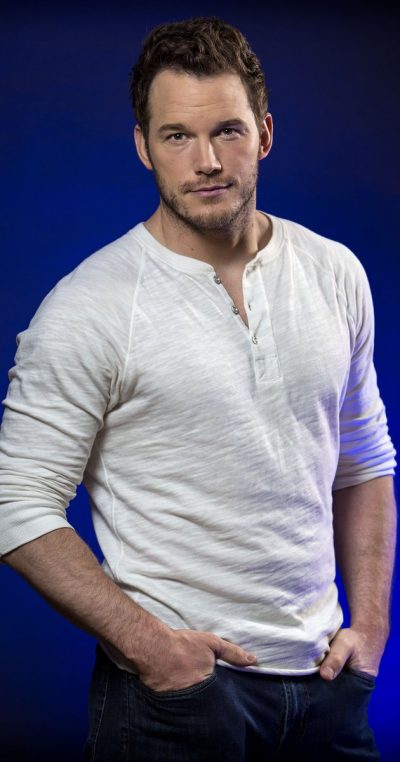Hollywood, like any business, is always concerned about the bottom line. There was a time when a film’s success could be made or broken by who starred in the film. Actors like John Wayne, Cary Grant, or Harrison Ford were highly sought after by film studios looking to anchor a tentpole blockbuster with the hopes that audiences would flock to the film to see the star perform. The concept of a massive film with a no-name cast was a rarity: the only real example of this was Star Wars in 1977. But even then, Harrison Ford was well-known for his role in American Graffiti. Going to see a film solely because a certain actor or actress was in it was fairly commonplace.
While there are certain actors who will still get some audiences to theaters, such as Dwayne Johnson, in today’s Hollywood, audiences are more interested in brands than they are in stars. The highest paid actor in 2015 was Robert Downey, Jr., who has made a fortune (much like his on-screen counterpart) playing Tony Stark in the Marvel Cinematic Universe. But his star power could not get audiences to go to 2014’s The Judge, which grossed less than $50 million worldwide, or Chef, which grossed a little over $30 million worldwide. Vin Diesel, another widely recognizable star, has only made his fortune because of starring roles in the Fast and Furious franchise and Guardians of the Galaxy.
2015’s juggernaut Star Wars: The Force Awakens is an excellent example of how franchises have supplanted actors as the main drawing point for audiences. The only widely-recognized actors in the films were stars who had appeared in the original trilogy. In fact, it was a deliberate decision by director J.J. Abrams, who wanted to emulate the original’s decision to cast unknowns as the leads. This was a huge success for the film, as the newcomers nailed their roles. What is interesting is that Disney, a massive corporation that is extremely calculated in so many of its financial decisions, allowed Abrams to do this because the Star Wars brand was what people would pay to see. No one went solely to see Harrison Ford, or any of the original cast back on the screen.
Perhaps it is the rise of franchises dominating Hollywood that has caused this shift. Or perhaps audiences just do not really care that much about who is in the film. Many franchises have recast major roles without missing a beat: the James Bond franchise is the best example of a franchise constantly recasting main characters and not seeing a decrease in box office receipts. Skyfall, the 23rd film in the franchise starring the sixth actor to play James Bond, grossed over $1 billion dollars at the worldwide box office. Other movies like The Dark Knight (replacing Katie Holmes with Maggie Gyllenhaal), the Marvel Cinematic Universe (replacing Terrence Howard with Don Cheadle as War Machine and Edward Norton with Mark Ruffalo as the Hulk), and several notable re-castings in the Harry Potter films show that audiences will not stop watching a film series just because of recasting. Actors just do not make that much of a difference.
With this in mind, is there really a bona-fide movie star in today’s Hollywood? Many point to Chris Pratt, who is channeling his best Harrison Ford in most of his films. Other names like Chris Evans or Dwayne Johnson come up, but they rarely star in non-franchise movies that break records at the box office. This is not necessarily a bad thing, but it certainly is noteworthy that actors were once considered to be the best commodity a film could have. Now, it is the franchise that is the most important thing for a film.
The proliferation of franchises in today’s Hollywood is more a reflection of audiences than it is of film studios. Yes, the studios make the movies, but audiences are the ones who pay to go see the latest superhero film. Hollywood will respond to market demands, and so far they have no incentive to move away from franchise-based filmmaking. Until then, actors will simply be mere cogs in the machine, as audiences clearly care more about the characters and the franchises more than the people that make them happen.




